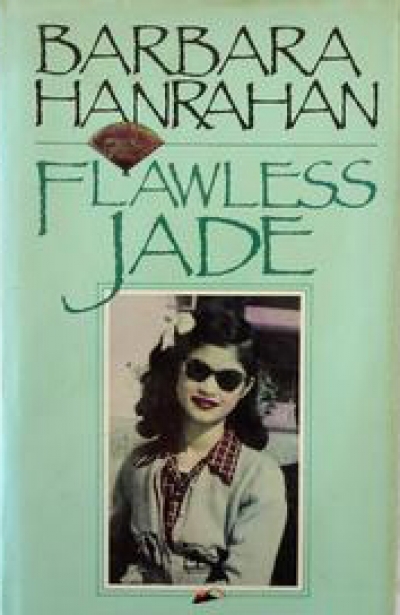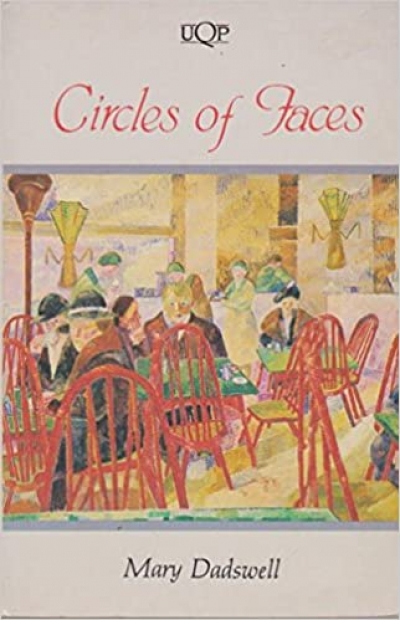Marion Halligan
Terri-Ann White reviews 'Trouble in Lotus Land' by Charmian Clift, 'The Devious Being' by Betty Roland, and 'Eat My Words' by Marion Halligan
The task of reading these three books together provided more than I was anticipating. Their perspectives of decades of Australian society and writing practices cover the past, the personal and the politics. The writers come from three different generations (born 1903, 1923, 1940), and represent particular writing intentions or schools, certainly different genres. The connecting thread, probably the only one, is that each of the books is written form such a particularised stance. Each is written in the first person, and flirts to varying degrees with the confessional mode. The tensions between restraint and letting it all hang out, what gets said and what comes out in the not-saying, interested me.
... (read more)Would it surprise you to know that a number of our well-known writers write to please themselves? Probably not. If there’s no pleasure, or challenge, or stimulus, the outcome would probably not be worth the effort. If this effort is writing, it seems especially unlikely that someone would engage in the activity without enjoying the chance to be their own audience.
... (read more)


